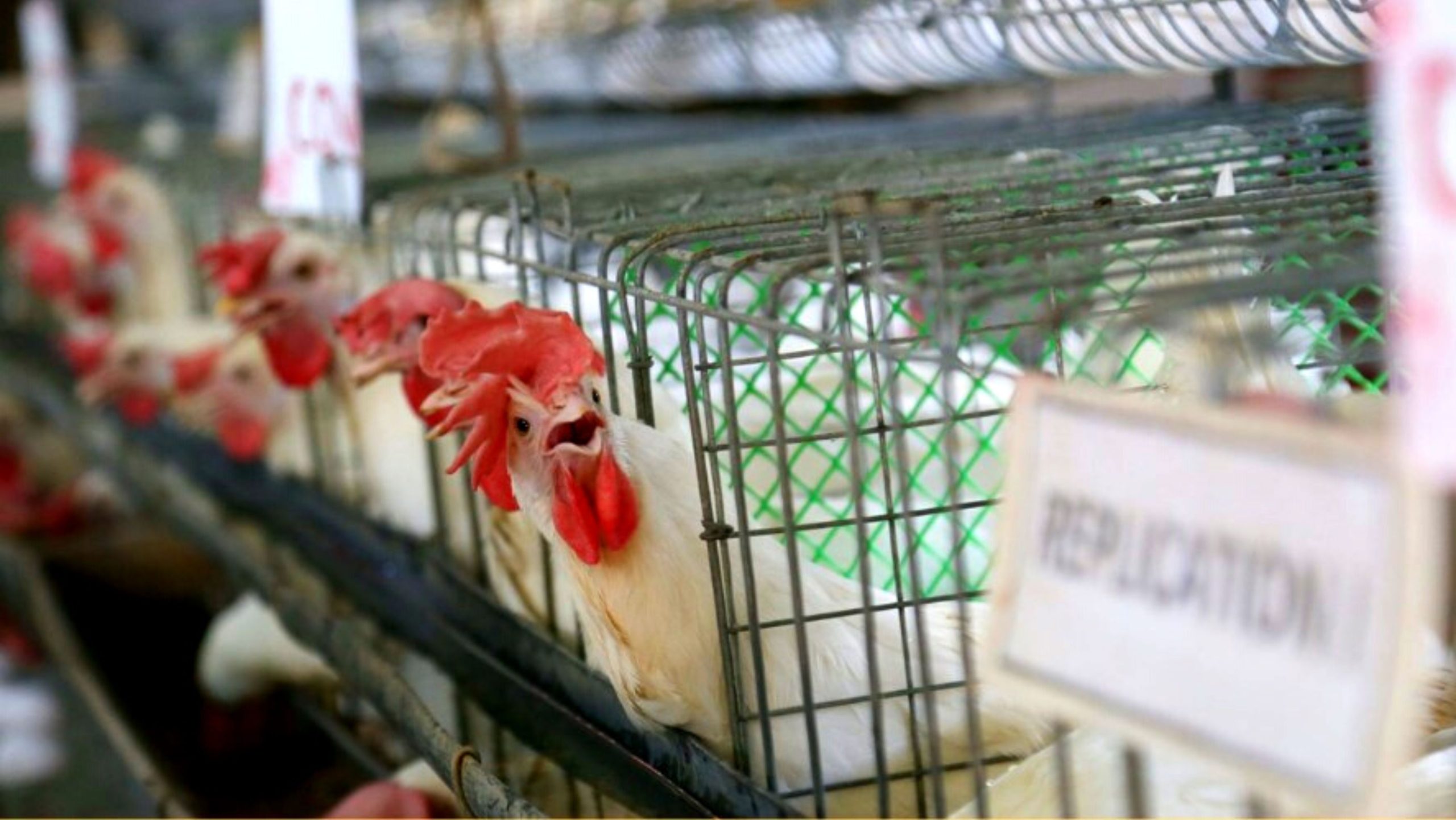
By Brian Jules Campued
An import ban on poultry and other poultry products, including wild birds, from Belgium and France was imposed by the Department of Agriculture (DA).
This was after the two European nations reported to the World Organization for Animal Health (WOAH) their outbreaks of Highly Pathogenic Avian Influenza (HPAI) in domestic birds.
In a statement released on Jan. 9, Agriculture Secretary Francisco Tiu Laurel Jr. underscored the necessity of the import bans to prevent possible entry of HPAI-H5N1 to the country.
“We’re doing this to protect the health of our local poultry population as well as poultry workers and consumers since H5N1 is a virus that can be transmitted to humans by infected animals,” Laurel said.
The indefinite import bans will immediately stop the purchase of both domesticated and wild birds from the said countries, DA said in its news release.
It will also prevent traders from bringing in poultry products including poultry meat, day-old chicks, hatching eggs, and poultry semen into the country which started last Jan. 8.
The DA added that the import bans will continue unless revoked by the agency.
On the other hand, meat imports already in transit, loaded, or accepted before the ban are still allowed to enter the Philippines if the poultry were slaughtered or the products were made on or before Nov. 12, 2023 for France and Nov. 16, 2023 for Belgium.
“All imports after the above-mentioned dates will not be considered upon arrival in the country, except for heat-treated products,” the DA added.
France submitted its report regarding the bird flu outbreak on Nov. 30, 2023 while Belgium submitted its own on Dec. 1 of the same year.
Meanwhile, the department said that the country’s total importation of poultry meat increased by 3.78% in 2023 compared to 2022, with 426,620 metric tons valued at $418,130,353.
France and Belgium account for 0.01% and 0.59% of the total imports. – cf
